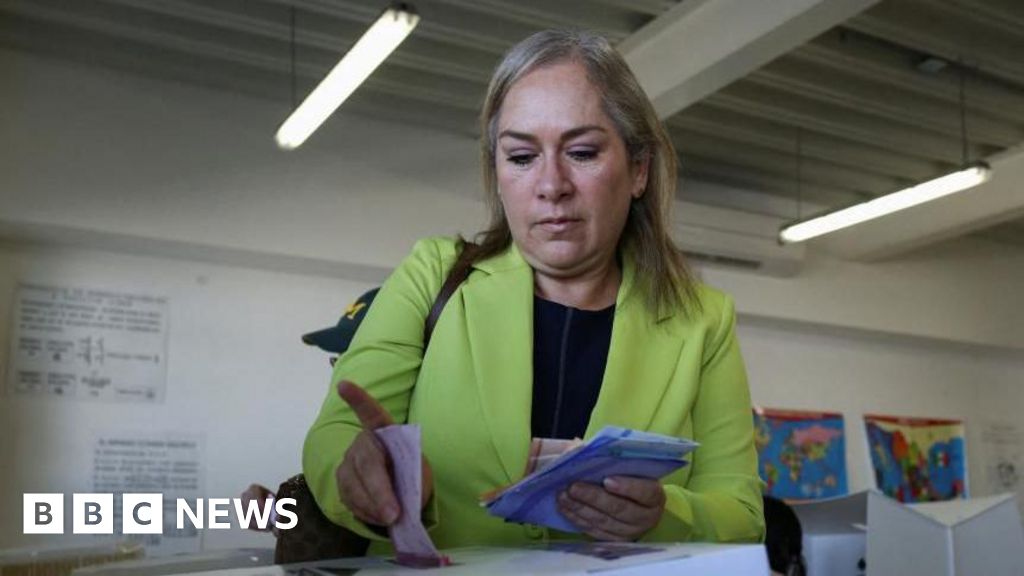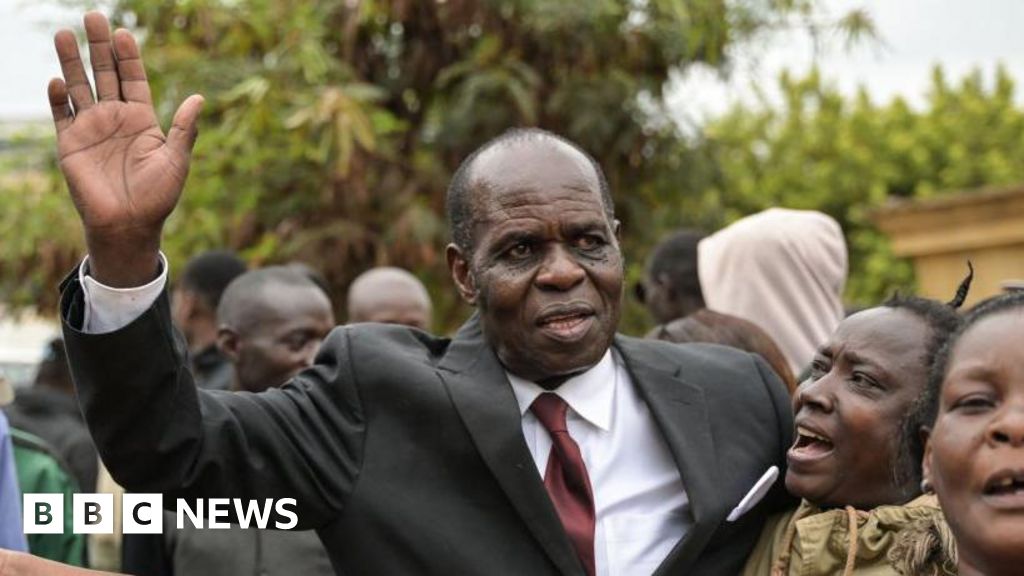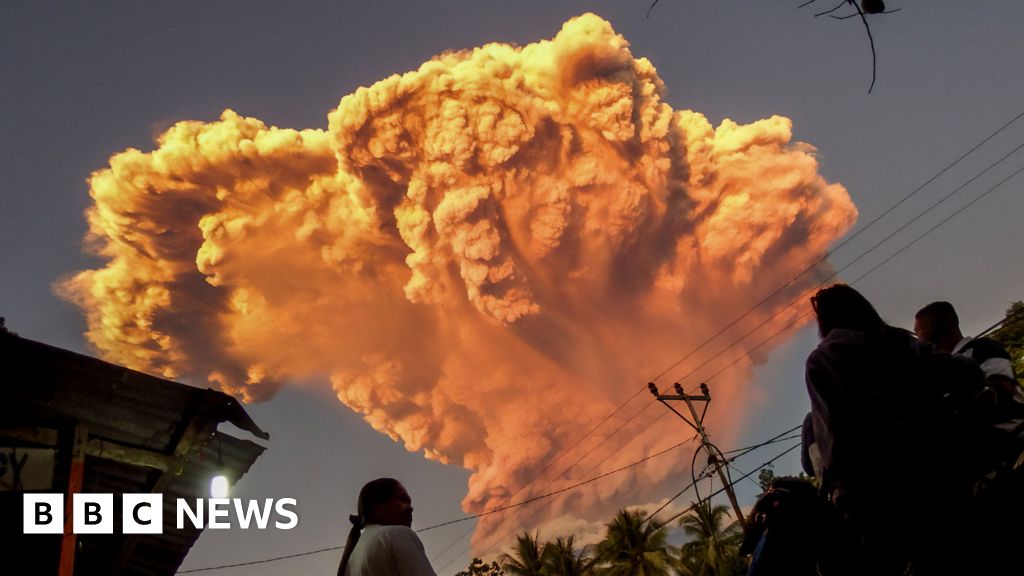ARTICLE AD BOX
Image source, Getty Images
Image caption,Chinese President Xi Jinping (L) and Premier Li Keqiang (R) were among top government figures named in the leaked documents
A newly published cache of documents directly links top Chinese leaders including President Xi Jinping to the state's crackdown on Uyghur Muslims.
The documents include speeches which analysts say prove senior government leaders called for measures that led to mass internment and forced labour.
China has consistently denied that it is committing genocide against Uyghurs.
Some of the documents were the subject of an earlier report, but the latest leak has previously unseen information.
They were passed to the Uyghur Tribunal - an independent people's tribunal in the UK - in September, but have not previously been published in full.
The documents, branded the 'Xinjiang Papers', after the region which is home to most of China's Uyghurs, reveal how Chinese Communist party (CCP) leaders including Mr Xi and Premier Li Keqiang made statements which directly led to policies affecting the Uyghurs and other Muslims.
These include forced internments, mass sterilisations, forced assimilation, "re-education", and coercion of detained Uyghurs to work in factories.
The New York Times had reported on an identical set of documents that were leaked to them in 2019, but not all were made available to the public.
In his report, Dr Zenz said his analysis showed that the links between statements made by top government figures and subsequent policies that were implemented against the Uyghurs were "far more extensive, detailed and significant than previously understood".
China has come under massive international pressure over allegations of human rights violations in Xinjiang. A marked shift in China's approach to the region can be traced back to two brutal attacks on pedestrians and commuters in Beijing in 2013 and the city of Kunming in 2014, blamed by China on Uyghur Islamists and separatists.
Its response from 2016 onwards has been the building of so-called "re-education" camps for Uyghurs and other Muslims, and the targeting of Xinjiang residents deemed to have displayed any behaviour viewed as a sign of untrustworthiness.
China has also pursued a strategy of forced labour, by deploying Uyghurs to pick cotton in Xinjiang.
In addition, reports have emerged of China forcibly mass sterilising Uyghur women to suppress the population, separating children from their families, and attempting to break the cultural traditions of the group.
Several countries, including the US, Canada and the Netherlands, have accused China of committing genocide and crimes against humanity.
China has vehemently denied these allegations, saying the crackdown in Xinjiang is necessary to prevent terrorism and root out Islamist extremism, and the camps are an effective tool for "re-educating" inmates in its fight against terrorism.

 3 years ago
95
3 years ago
95








 English (US) ·
English (US) ·